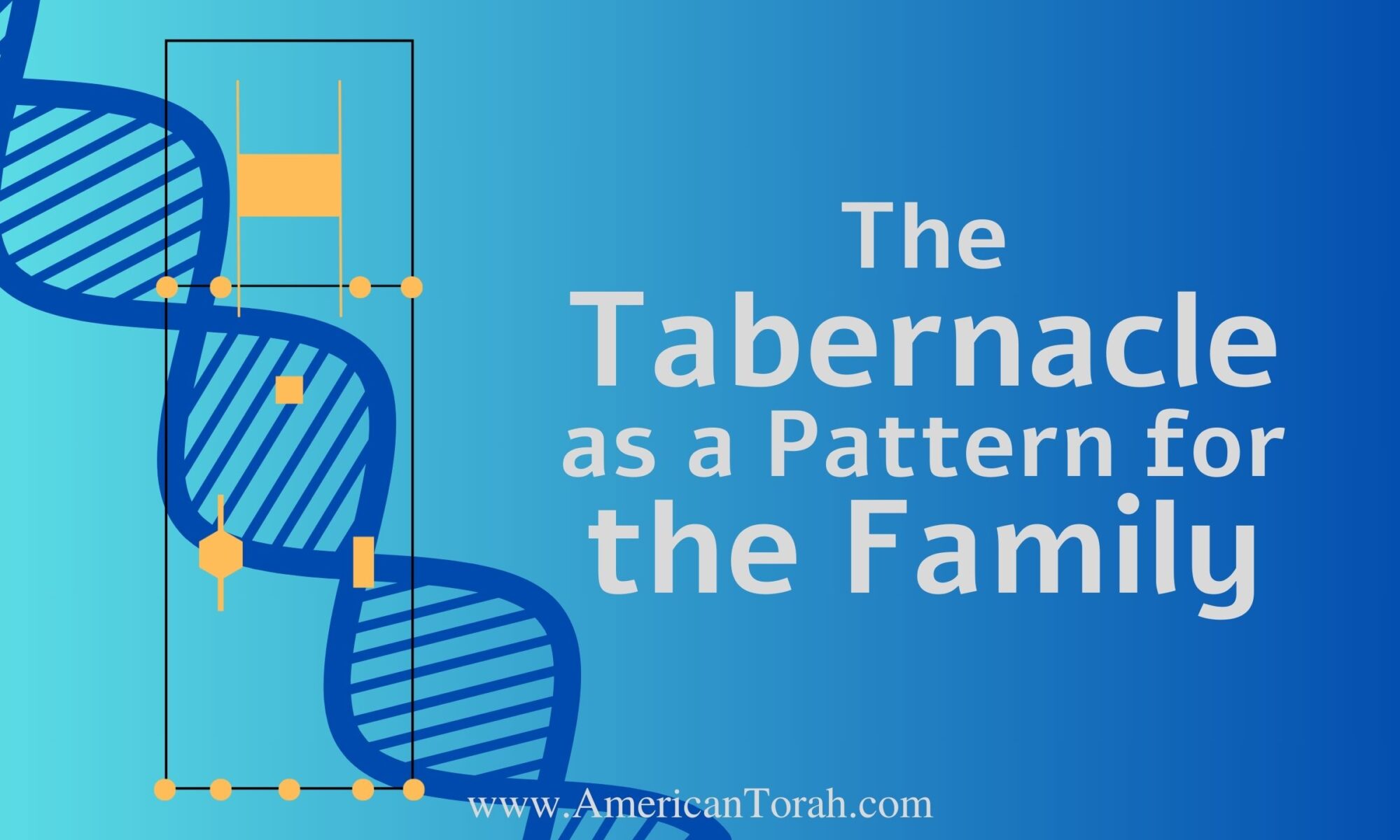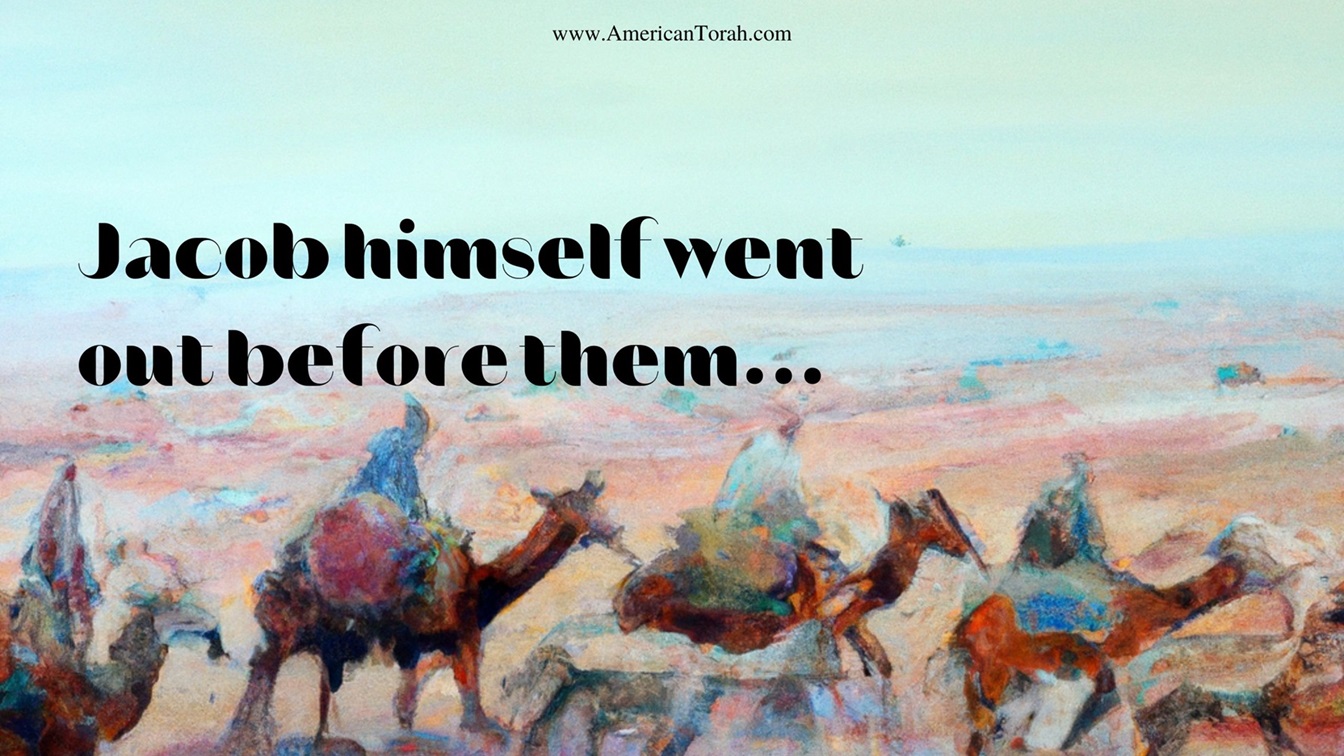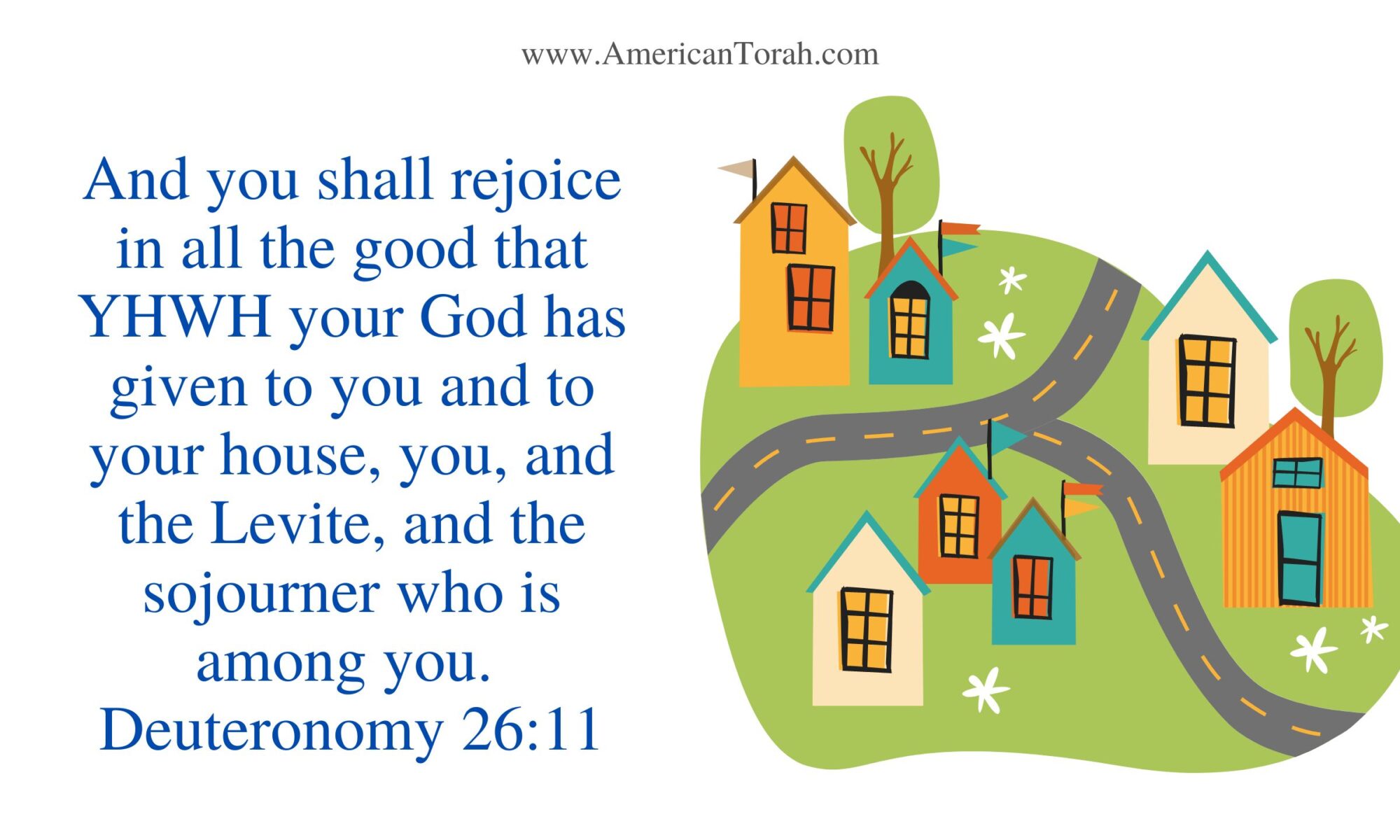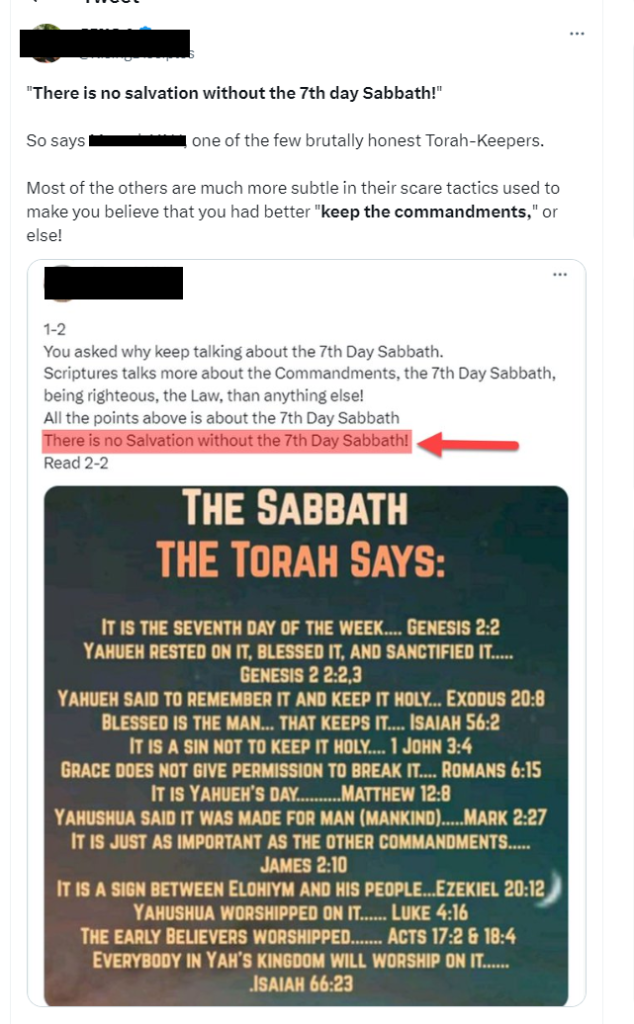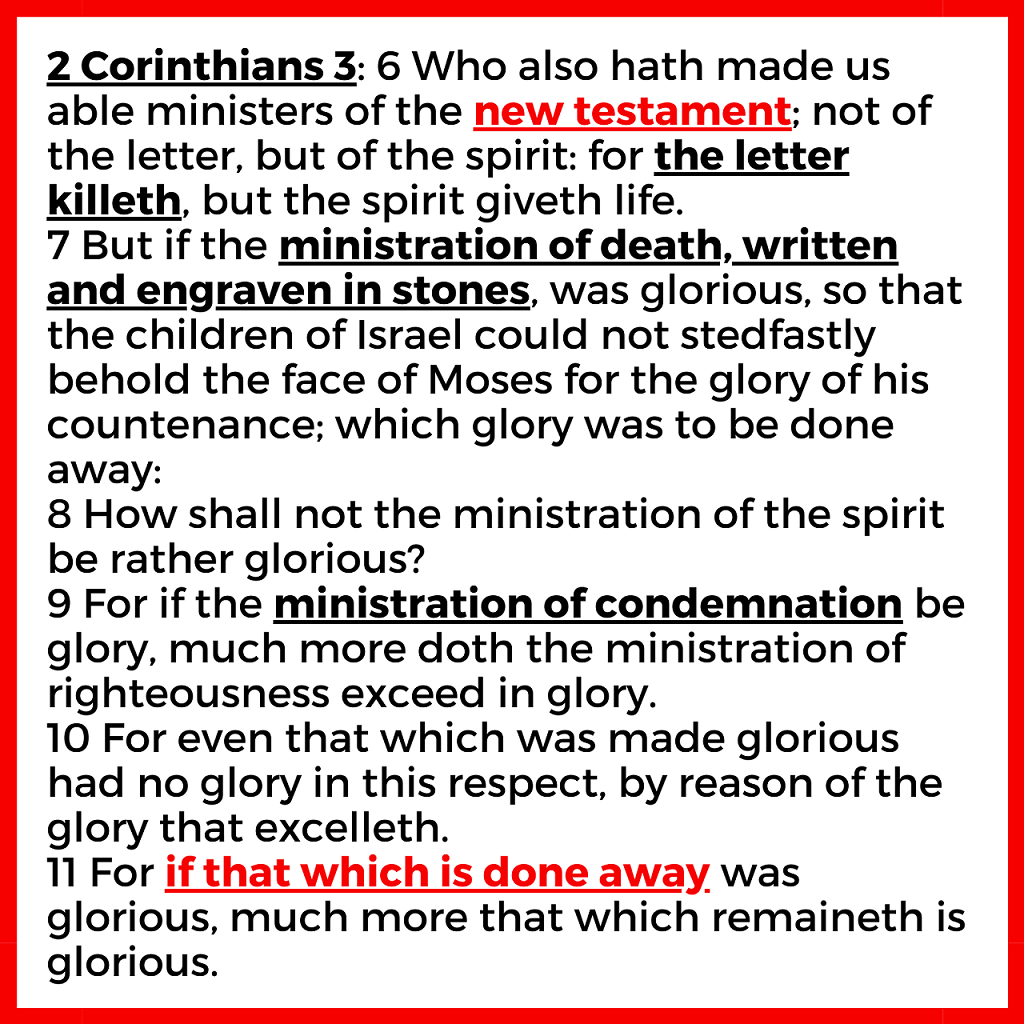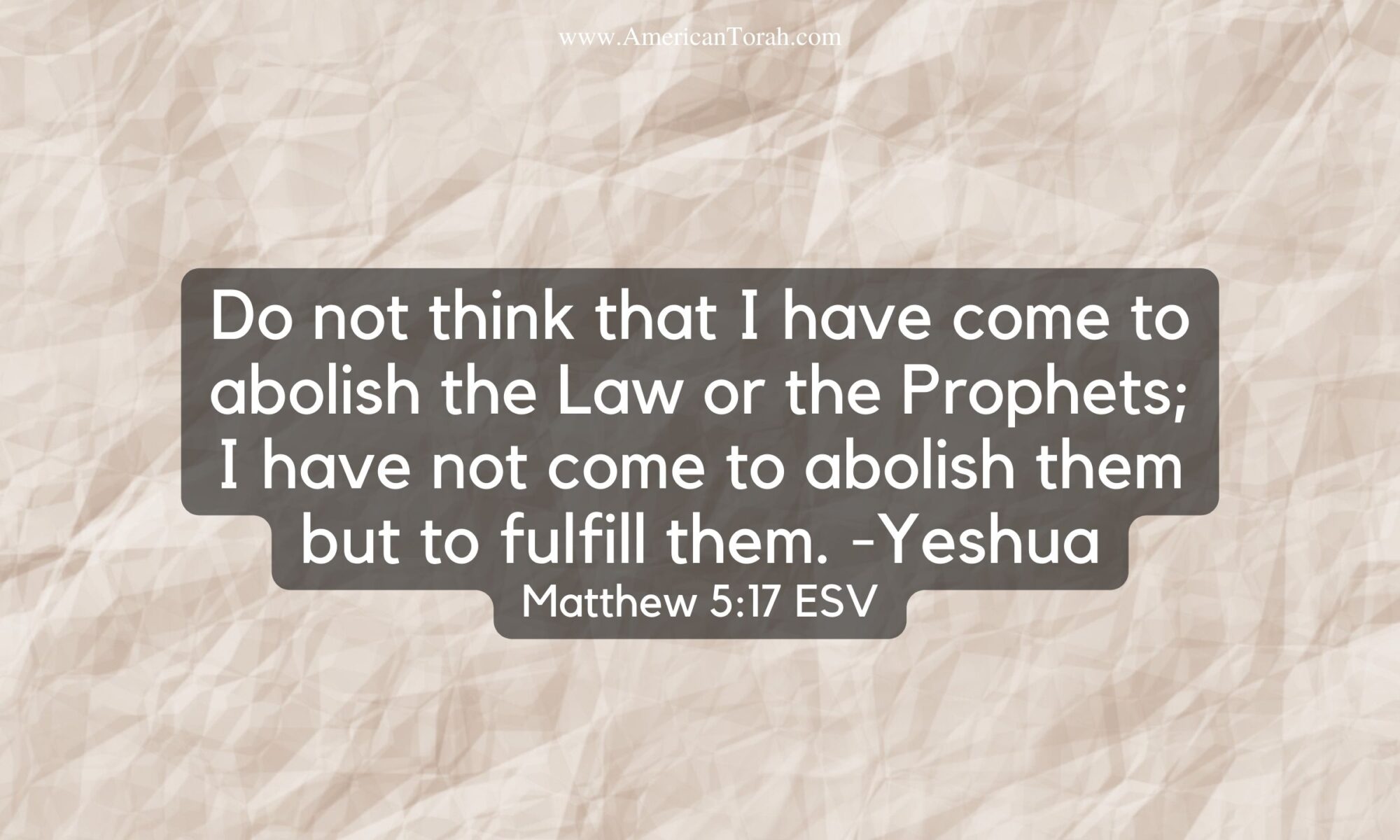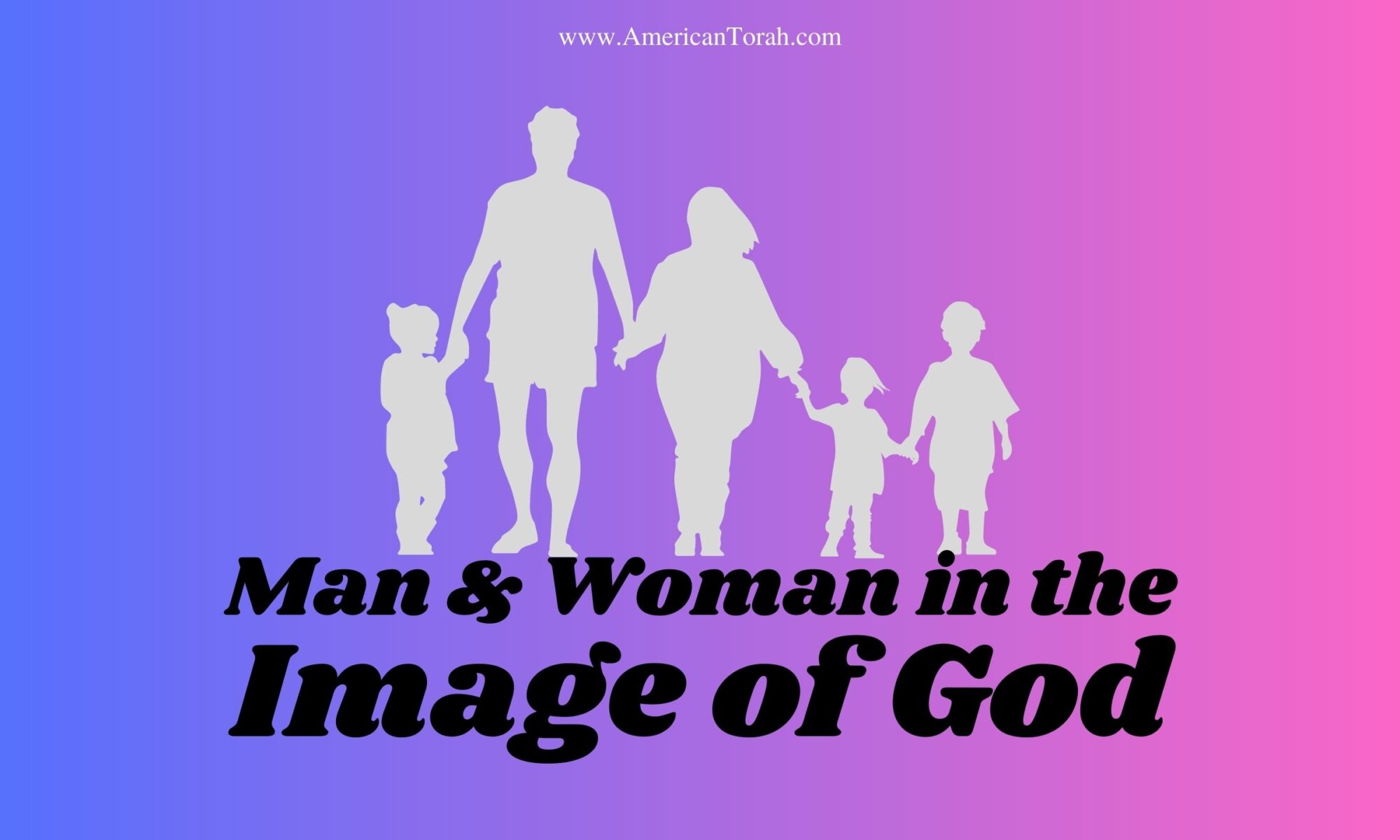YHWH is a God of patterns. You only have to look at DNA for the proof. Humans share a large percentage of their DNA code with monkeys, fish, and bananas. Contrary to popular opinion, that’s not evidence for evolution. It’s evidence for a Creator who loves to reuse a good pattern. Every good coder does the same thing. He writes a module, which is a small bit of code, that can be called and reused from numerous other parts of the program. That’s not laziness or a shortcut. It’s elegance. Efficiency. God is the master coder, the most elegant and efficient coder who has ever existed.
He follows patterns in other ways too. Consider the feast days. They are all patterns of his interactions with Israel and the world. They remind us of what he has done in the past, and they prophesy of what he will do in the future. Also consider the creation of mankind. God said “Let us create mankind in our own image.” Then he took a pattern of himself and applied it to his favored creation: man.
The image of God in mankind is much like his signature or fingerprints. First, God created Adam in his own image, and then he created Eve in Adam’s likeness to be a helper “suitable to him”, unlike any of the animals. She was shaped like him, had free will, and an eternal spirit like him. Adam and Eve, both together and individually, are made in the image of God, and the two together are tasked with creating new people who will carry the image of both of their parents and, through them, of God himself. If you look closely enough at all of God’s creations, you can find evidence of his fingerprints in everything he created. God loves to reuse a good pattern.
In Exodus 25, we begin to see God’s instructions for his Tabernacle, the place where he would dwell in the center of the camp of Israel. If we did not see evidence of his fingerprints in the design of the Tabernacle, I think we should be very surprised and begin to wonder if the Tabernacle was from God at all. Fortunately, we do see those fingerprints.
Like God himself, the Tabernacle is a unit. It is echad. Yet within it there are compartments and furnishings, and the primary components of the Tabernacle follow the pattern of the primary components of God.
The Ark contains a memorial of divine provision (manna), and the tablets of the Law, and so is an image of the provider and law giver, God the father.
The Menorah is a source of light generated by oil, like the anointing of the Holy spirit. Like the Holy Spirit the menorah has seven branches. Recall the seven spirits of God in Isaiah 11:2 and in Revelation 3, 4, and 5.
The Table holds within the bounds of its crown twelve loaves representing both the bread of life and the twelve tribes of Israel. Since it holds all the people of Israel, the Table is a metaphor of the King and Messiah of Israel, Yeshua.
If the Tabernacle is an image of God–and it certainly appears to be–then it must also be in some way an image of mankind, since mankind bears the image of God. I have written elsewhere of how the Tabernacle can be an image of a single person, but it is also an image of the family, which God instituted at the same time and on the same day he created man in his image.
The commandments in the preceding chapters of Exodus show some ways in which a man’s responsibility to his family includes providing sustenance and protection. Elsewhere in Torah, a man is commanded to teach his children, to be a lawgiver and law enforcer in his house. In this, every husband and father is intended to follow the pattern of God the Father, as he his represented in the Ark of the Covenant.
The very nature of the woman’s creation and her physical aspect shows us that she was created to be a life giver, a source of wisdom and comfort to her family, and to light the way of the children to their father. She nurtures her children when they are too young to understand explicit instruction, teaches them the ways and wisdom of their father when they are older, and comforts them when they are hurting. She is the Menorah in the tabernacle of man, and in some ways an image of the Holy Spirit for the family.
The firstborn son, according to God’s order, receives a double inheritance over his brothers, putting him in the position of a secondary provider for the extended family and the captain of his father. He is the father’s right hand, an extension of his father’s power into the world, and he sustains his siblings as the showbread table holds the sacred bread. The first born son of a man in this respect is an image of the first born son of God. When his father deems him ready, he will sit on his father’s throne and become the patriarch of his family. Even more than other believers, a firstborn son should look to Yeshua, the Son of God, for his role model.
Be careful of reading too much into these patterns. We are very good at finding patterns where none exist, so it’s important that any lesson drawn from allusions and apparent patterns in Scripture is supported by more explicit texts elsewhere. Some of the roles pictured by the Tabernacle and its furnishings are explicitly commanded in torah, while others may only be illustrated or even just hinted at. There may be characteristics of the Tabernacle that could be extrapolated into roles in the family but that are not commanded in scripture. Patterns like these might be illustrative but are not definitive.
For example, there is no explicit command in Scripture that younger children should obey the firstborn son in the absence of the father. This is an idea that could certainly be derived from the structure of the Tabernacle and the pattern of the firstborn son of man after the firstborn son of God, and it might even be a good principle in many respects, but it is by no means commanded by God and should not be treated as if it is.
For another example, a father is not to be hidden away from his family. To some extent he will be inscrutable to his children due to his superior strength, knowledge, and wisdom, and perhaps the oft inexplicable nature of his rules. Like God, he has no obligation to explain his actions or his laws, but also like God, his laws shouldn’t be arbitrary. Every commandment of God is given in love for the good of his children, and so should be every instruction of a father. He must be actively involved in the care and teaching of his children, aware of their activities and experiences so that he can speak directly to them when needed. A father should not only be a lawgiver and disciplinary, but a caregiver and a protector. He holds the staff of Aaron as a rod of correction, guidance, and comfort.
Likewise, a mother is not simply a source of light and comfort, she also is a lawgiver of sorts and a disciplinarian. The difference between the roles of father and mother in these respects is more of degrees and ratios, than ironclad laws. The Holy Spirit is God just as much as is the Father and Son, and a woman is just as much the image of God as is her husband.
Reading through scripture, you won’t be able to find a clean division between the authority and roles of Father, Son, and Spirit, and this is true in the household as well. There is no hard line between the roles of mother and father and firstborn son, but a gradient. Deborah was both mother and judge of Israel. Yeshua is our master, brother, friend, and servant. There will be times when a wife must take command of the household because her husband is ill, absent, or incapacitated. That’s not a sin. It’s part of the flexibility that God has built into all of humanity. It is part of our image to be able to fill in for and support one another.


